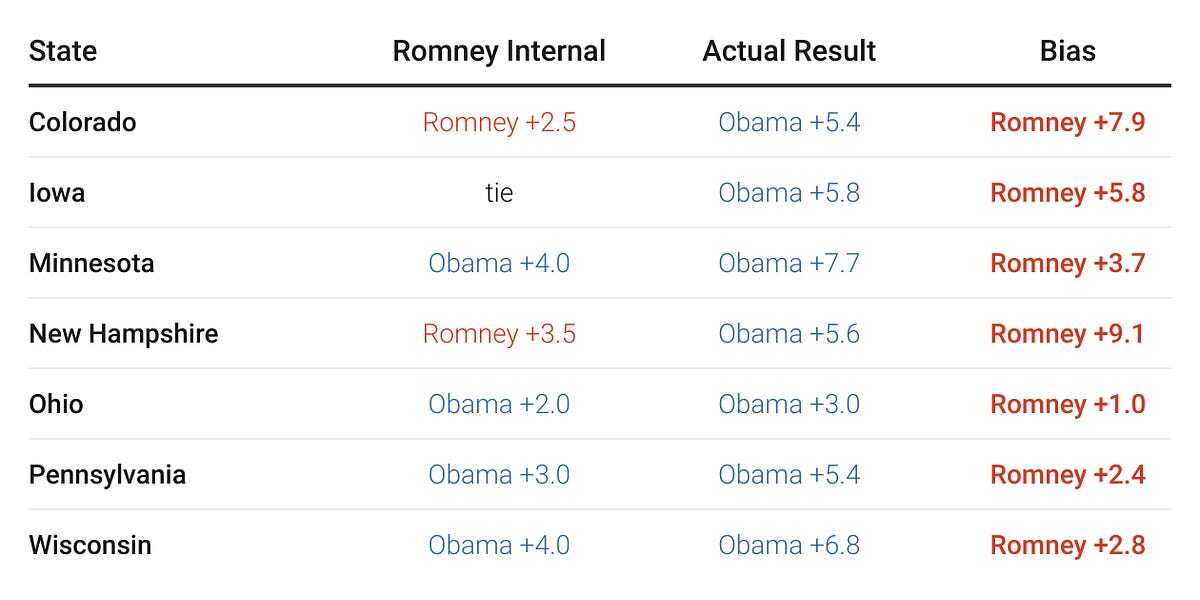AI Summary thing I’ve been expirimenting with:
This article is a nuanced exploration of how internal polls and campaign dynamics are reported by journalists, particularly on social media platforms like Twitter. The author proposes a categorization system for levels of access to information:
- Level 3.1: Journalists reporting on internal polls or campaign mood without citing numbers directly.
- Level 3.2: Well-connected elites (e.g., politicians, strategists, donors) sharing internal polls or campaign sources within the media.
- Level 3.3: Random individuals on Twitter claiming to have seen internal polls.
The article highlights the potential for misinformation and spin at each level:
• Level 3.1: Journalists may repeat spin or uncritically pass along information from campaign sources, as seen in the Axios report mentioned in the article. • Level 3.2: Well-connected elites might share unverified or biased information, often without realizing it’s not accurate or might be used to manipulate public opinion.
The author emphasizes that:
- Data beats vibes: Even if internal polls are not publicly available, data-driven reporting can provide a more objective picture of the campaign.
- Journalists should be cautious: Reporters should verify information, especially when it comes from well-connected elites or unverified sources.
- The feedback loop: As misinformation spreads through social media and elite networks, it can create a self-reinforcing narrative that becomes detached from reality.
The article also highlights the importance of critical thinking and skepticism in evaluating internal polls and campaign dynamics. By distinguishing between Level 3.1 reporting (which might be informative) and Levels 3.2 and 3.3 (where misinformation or spin is more likely to occur), readers can better navigate the complexities of electoral politics and media coverage.



Why you should mostly ignore
"internalpolls"